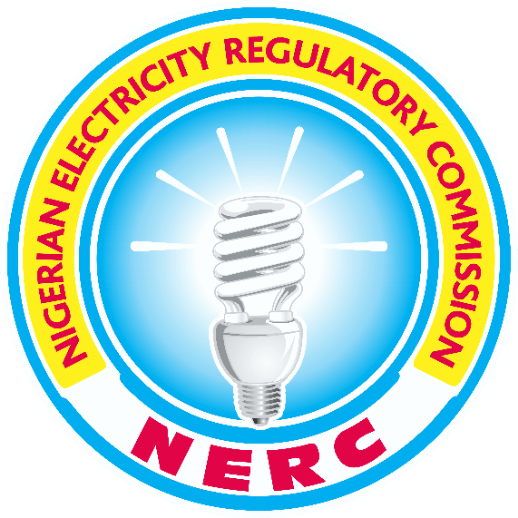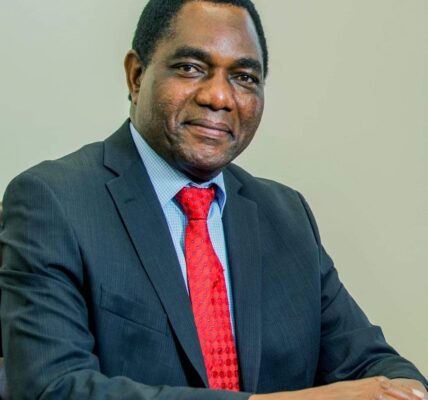This post has already been read 2695 times!
The Nigerian Electricity Regulatory Commission (NERC) has approved about 300% increase in electricity rates for Band A category customers, leading to removal electricity subsidy for 15 percent of consumers.
Band A are those who enjoy electricity supply for 20 hours per day.
At a press briefing in Abuja on Wednesday, Musliu Oseni, Vice Chairman of the Nigerian Electricity Regulatory Commission (NERC), said the increase will see customers pay ₦225 kilowatts per hour, up from the current ₦66.
Oseni said these customers represent 15 per cent of the 12 million electricity customers in the country.
He added that the commission had also downgraded some customers on Band A to Band B due to non-fulfilment of the required hours of electricity provided by the electricity distribution company.
“We currently have 800 feeders that are categorised as Band A, but it will now be reduced to under 500. This means that 17 per cent now qualify as Band-A feeders. These feeders only service 15 per cent of total electricity customers connected to the feeders.
“The commission has issued an order which is titled April supplementary order and the commission allows a 235 kilowatt per hour.”
He noted that the review will not affect customers on the other Bands.
Bloomberg on Tuesday reported that power companies will be allowed to raise electricity prices to N200 ($0.15) per kilowatt-hour from N68 for urban consumers.
It quoted people in the presidency with knowledge of the matter saying this was in a bid to attract new investment and slash about $2.3bn spent to cap tariffs (subsidies).
According to the news agency, “Nigerians will now have to pay $2.42 per one million British thermal units from the previous rate of $2.18 MMBtu.”
The increase follows Monday’s announcement by the Nigerian Midstream and Downstream Petroleum Regulatory Authority (NMDPRA) of an increase in the price of natural gas to power.
Current Electricity Tariff Unrealistic – Presidency
This is coming as the presidential spokesperson has declared that the current electricity tariff no longer realistic.
The President’s Special Adviser on Information and Strategy, Bayo Onanuga, made this known to Reuters on Tuesday.
The removal of electricity subsidy, the Federal Government said, would reduce its N3.3tn cost and save the government about N1.1tn annually.
Onanuga said the Bola Tinubu-led administration was poised to allow the price hike in electricity given its N450bn budget for energy subsidies in 2024.
Consequently, power distribution companies will be allowed to increase prices from N68 to N200 per kilowatt-hour for urban consumers in April, the presidential aide explained in another interview with Bloomberg.
He explained that the country last reviewed electricity tariffs in 2020, and the planned increase would enable Discos to recover costs and improve investments.
“With the huge subsidy burden and high cost of gas…the current electricity tariff is not realistic,” he told Reuters.
Confirming this to our correspondent, Onanuga said the tariff hike would affect only 15 per cent of consumers, accounting for 40% of electricity consumption.
He said the FG would help power generating companies to offset about N1.5tn debts they owe the country’s bulk electricity buyer.
An electricity report released by the National Bureau of Statistics on Monday showed that electricity distribution companies in Nigeria saw their revenues surge to N1.1tn in 2023. This is despite the persistent epileptic power supply nationwide.
The figure represents an increase of N234.4bn or 28.2 per cent from the N831bn generated by the power firms over a similar period in 2022.
Nigeria’s national power grid collapsed 46 times from 2017 to 2023, a report by the International Energy Agency revealed.
The IEA said Nigerians endured more nationwide blackouts in 2023, especially on September 14 when the grid collapsed due to a fire on a major transmission line.
An analysis of the revenue data showed that the Ikeja Electricity Distribution Company got the highest revenue of N218.6bn, up by 31.7 per cent or N52.7bn from N165.9bn recorded in 2022.
It was followed closely by the Eko Distribution Company, which got a revenue increase of N52.8bn or 42.3 per cent from N124.8bn in 2022.
Third on the list is the Abuja Electricity Distribution Company, with a revenue generation of N167.4bn from N125.7bn recorded in 2022.
Similarly, Ibadan Electricity Distribution Company got a revenue of N111.3bn, Enugu Electricity Distribution Company got a revenue of N82.5bn, Yola Electricity Distribution Company (N22.3bn), and Benin Electricity Distribution Company (N84.6bn), and Kaduna Electricity Distribution Company (N32.4bn).
Also, Jos Electricity Distribution Company increased its revenue to N38.9bn, Kano.
Electricity Distribution Company (N55.2bn), and Port-Harcourt Electricity Distribution Company (N74.7bn).
ABUJA BUSINESS REPORTS NEWSPAPER & MAGAZINE







